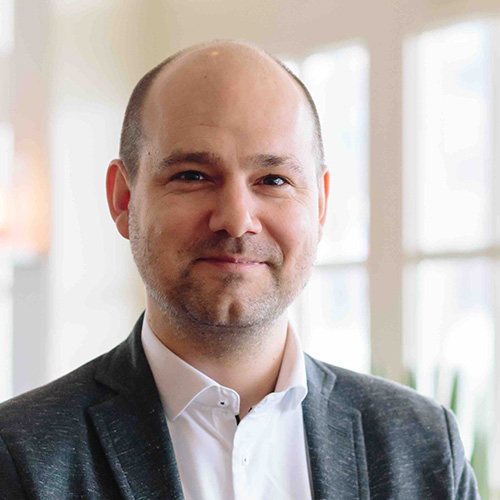Recently I had a series of interviews with the ”top-fundraisers” of the World Bank. These top-fundraisers are responsible for acquiring funds for the Capital Injections in the bank as well as for the so-called Trust Funds and the projects by the International Finance Corporation (IFC).
Why do I call them top-fundraisers? Simply because they are responsible for and successful in acquiring mind-blowing amounts of up to tens of billions of US dollars.
So, what can we learn from the best? In these blogs, we focus on the following topics: 1) Proposition and 2) Strategy. This week we zoom in on how to develop the “perfect proposition”.
In the interview I had with Dirk Reinermann, Director of Trust Funds and Partner Relations at the Bank, he explained what the three key factors for the perfect proposal are: 1) relevance, 2) innovation, 3) delivery. This concept was developed by Axel van Trotsenburg, VP Development Finance.
In my own words, I share with you below the factors for the perfect proposal.

Relevance
A project needs to have relevance to the donor. Therefore, it is important to know your donors very well. In the case of the World Bank, the donors/investors are in mostly the countries that own shares of the Bank. Projects that deal with relevant issues for the countries — such as climate or refugees — will be attractive to them. One can only know this when a true investment is made in the relationship with the donors, through which one can get to know and understand them fully.
This does not mean that projects are specially designed around the needs of the donors — the strategy and possible impact are leading for the Bank. However, if adjusting the proposition to the donor’s need is done well, additional commitments can be secured.

Innovation
A proposition with something new is more appealing to donors. You can find innovation at different levels:
- Financial: New financial instruments that have a higher return on investment for a donor. For example, using different financing models, such as impact bonds. If you sell impact bonds to pension funds, other sources of funding can be pooled in a project. This means the donors get a stake in a larger project and more impact without having to invest more.
- Programmatic: New types of organizations can be brought together in a partnership, which can make the programmatic approach innovative. Which can be the case for example through partnerships with civil society or the corporate sector. By adding the approach of those partners, the World Bank projects will receive another programmatic layer which will possibly have more impact.
- Technological: The introduction of new technology makes projects more interesting. The impact can become greater, the costs can be reduced, or projects can be scaled more easily.

Delivery
Results of the past are an indicator of the results of the future. Therefore, the development of a new proposition already starts while implementing current projects. The possible stakeholders in a new project will explore the track-record first and form an opinion on your strengths and weaknesses. Equally important to the actual results, is communication. It is important to keep donors informed about the status of running projects. This makes them “owner” of the project. Even in situations where results are disappointing, the donor is likely to be reasonable. In some cases, they might even decide to increase their funding to realize your goals.
I believe these ingredients can act as a checklist when you are developing your proposition as well. Make sure you know what you want to do and that you know the needs of the donor. When you make sure your and their needs overlap, the story is appealing. By including an innovation in the program, you make it even more appealing. But maybe most important is that you are able to deliver as well: you can demonstrate success.
When all is in place, you have the ingredients to develop the perfect proposition. In the next blog in this series, I will explain how to use this proposition in your strategy.

Han Valk
Han is founder and fundraising consultant of Han Valk – Fundraising Consultancy & Interim Management. He is dedicated to support non-profits by offering practical, tailor-made and flexible solutions on all fundraising levels. The way he would have liked to be supported when he was head fundraising the past ten years. Rather than providing broad concepts, his tools and advice can be implemented directly in your organization.
stay up to date
We have at heart to be a resource to you. According to your preference, we will share insights, trainings, networking events and career opportunities that might be of interest for anyone from entry-level to seasoned professionals.
Contact
Phone
+31 (0)6 30 69 45 95
Address
Eursinge 8, 7935AB Eursinge (de Wolden), The Netherlands
228 East 45th Street, Suite 9E New York, NY 10017, USA
info@hvfc-international.com
Join us on
© 2024 HVFC International. All rights reserved.
HVFC ® is a registered trademark of HVFC International B.V.